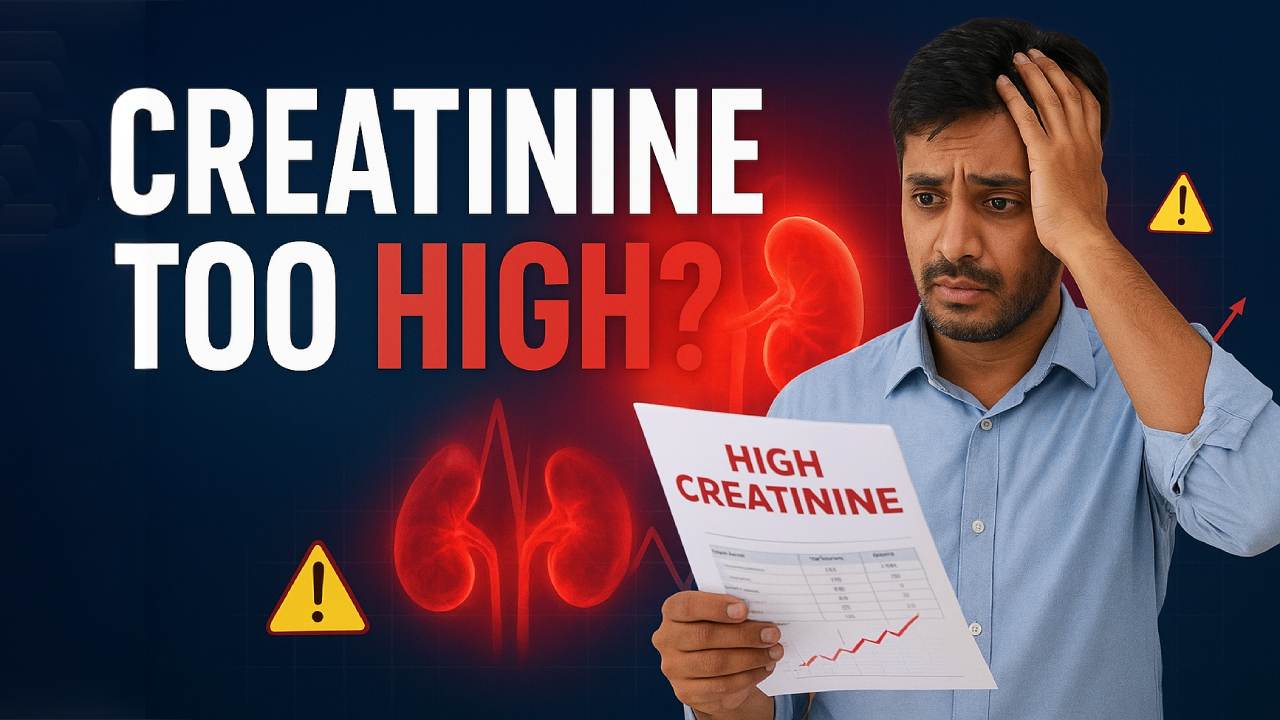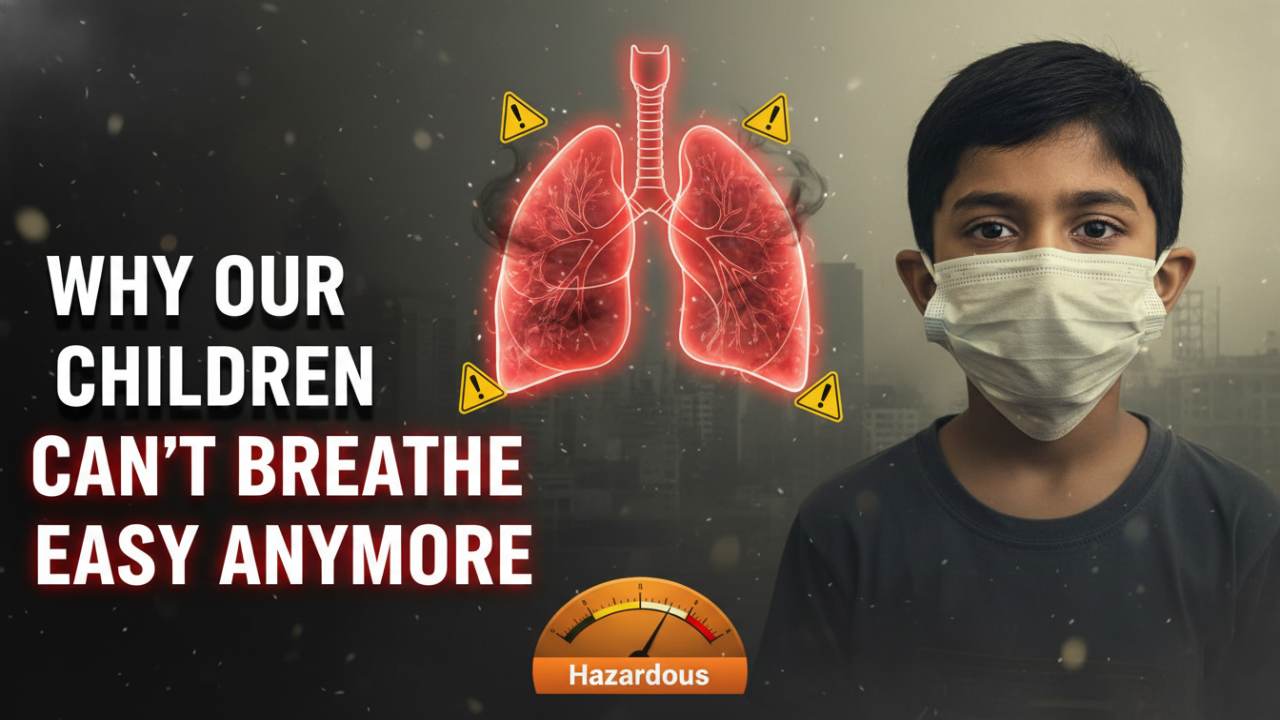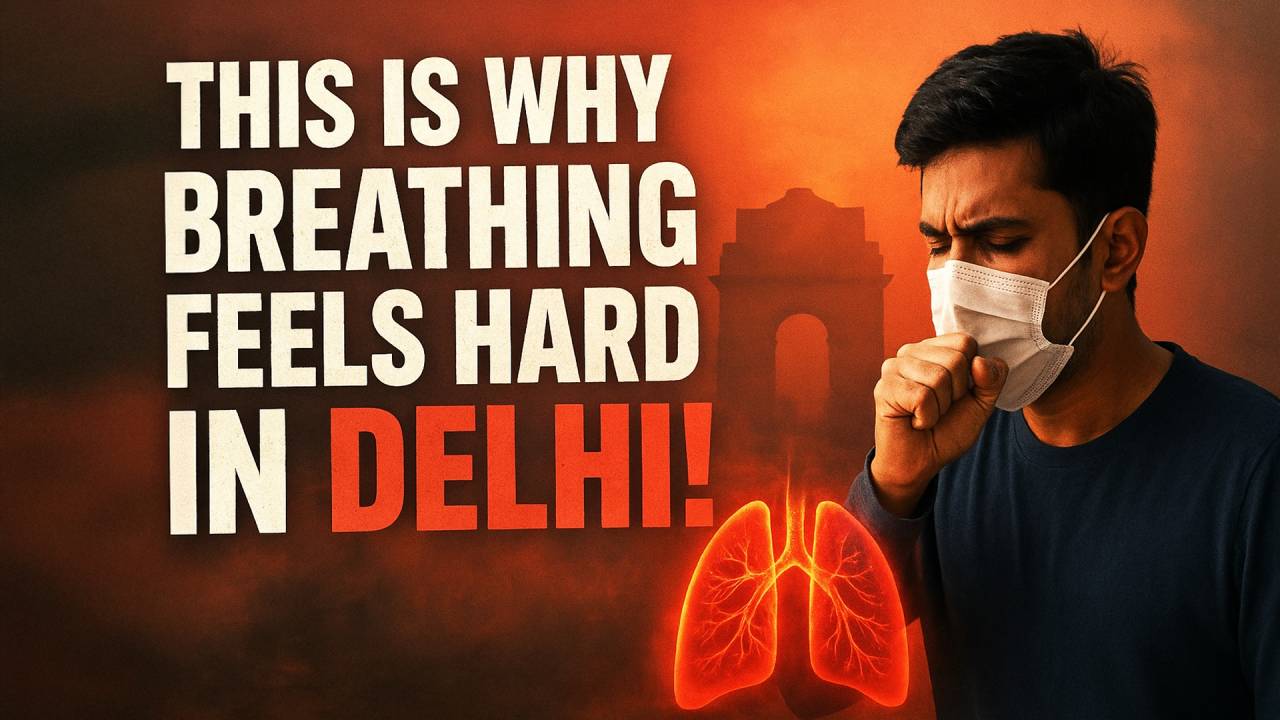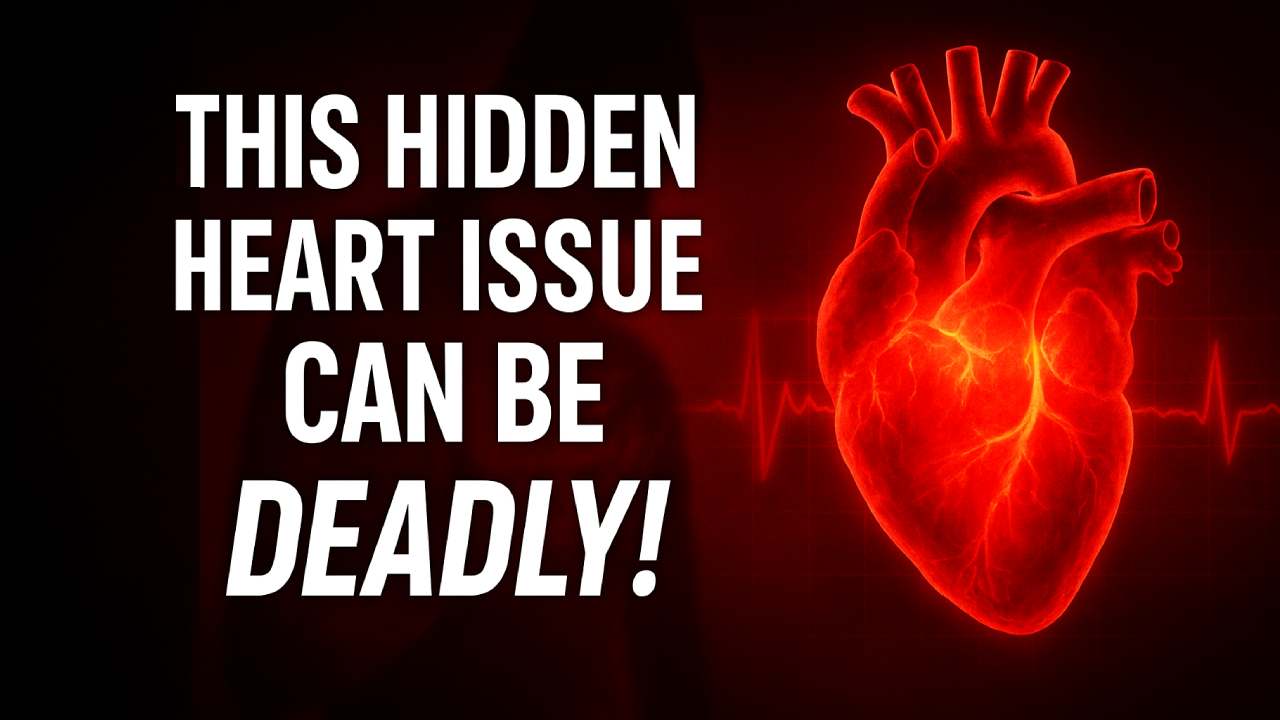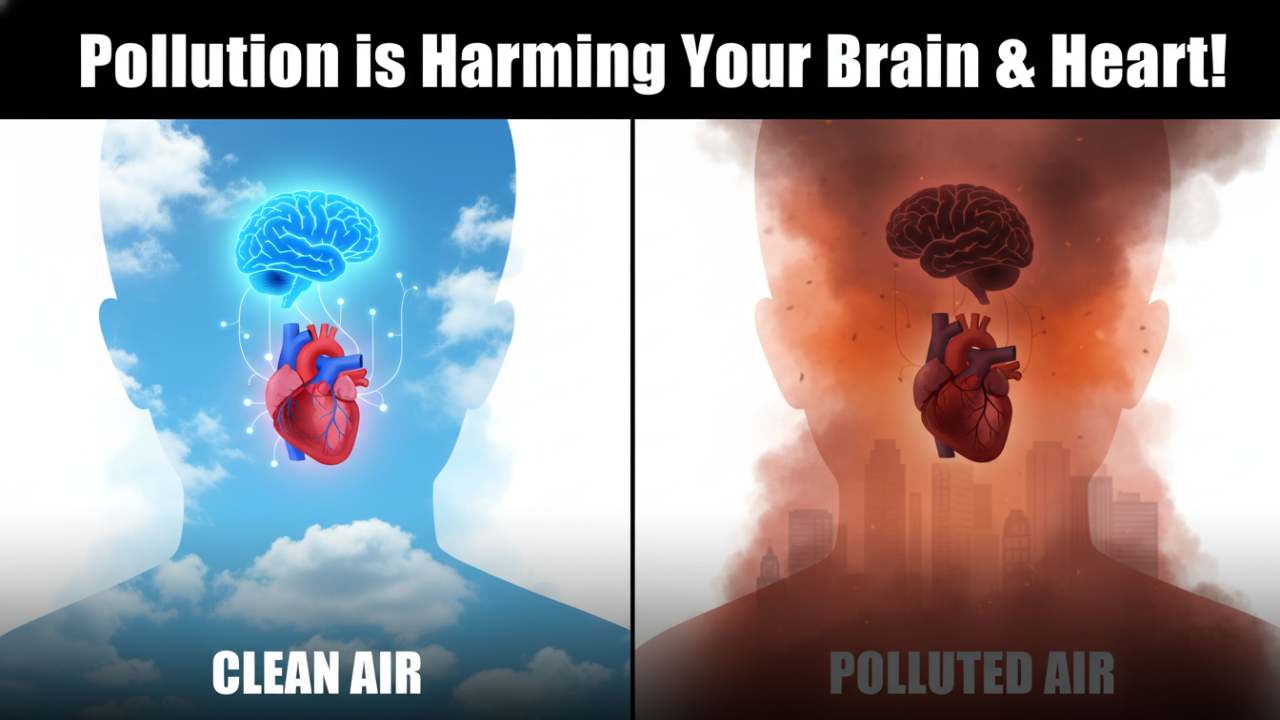Rising Concern: Sudden Cardiac Death in Young Adults
Verified By Dr. Amit Handa | 10-Nov-2024
Sudden cardiac death (SCD) in young adults is an escalating concern worldwide. Once considered rare, this phenomenon has gained attention due to its increasing prevalence and tragic impact. Notably, cases involving young celebrities like actor Siddharth Shukla and singer KK have sparked widespread awareness, urging both individuals and healthcare systems to address this critical issue.
Sudden Cardiac Death (SCD) is a growing concern in India, where cardiovascular diseases have become the leading cause of mortality, contributing to 28% of all deaths. Among these, nearly 10% are attributed to SCD. This trend is particularly alarming in younger demographics, with individuals aged 30 to 50 increasingly at risk. India experiences approximately 4.5 million cases of SCD annually, and studies suggest that urbanization, rising stress levels, and a growing prevalence of lifestyle diseases such as hypertension and diabetes are key contributors to this surge.
A study by the Indian Heart Rhythm Society highlights that a significant portion of these deaths occur in individuals without prior symptoms, underlining the need for early detection and preventive care. Additionally, the rising rates of obesity, smoking, and sedentary lifestyles further exacerbate the issue, particularly in urban areas. Awareness campaigns and lifestyle modifications are critical in addressing this public health challenge.
Table of Comtent:
Sudden cardiac death is defined as an unexpected death caused by the abrupt cessation of heart function. It typically occurs within minutes of the onset of symptoms. Unlike a heart attack, which involves a blockage in blood flow to the heart, sudden cardiac arrest stems from an electrical disturbance that disrupts the heart's rhythm, often leading to death if not treated immediately.
Dr. Amit Handa, Consultant Cardiologist at Kailash Hospital, explains, "SCD in young adults is frequently due to undiagnosed heart conditions that remain silent until triggered by physical exertion, emotional stress, or other external factors."
The underlying causes of sudden cardiac arrest in young adults can range from structural and electrical heart abnormalities to lifestyle factors.
- Hypertrophic Cardiomyopathy (HCM): This genetic condition causes the heart muscles to thicken, making it difficult for the heart to pump blood. It is one of the leading causes of SCD in young athletes.
- Coronary Artery Anomalies: Structural abnormalities in the coronary arteries can restrict blood flow to the heart during physical activity, leading to sudden cardiac arrest.
- Arrhythmias: Conditions like long QT syndrome or Brugada syndrome cause irregular heartbeats, which can trigger cardiac arrest.
- Myocarditis: This condition involves inflammation of the heart muscle, often due to viral infections, and is increasingly being recognized as a cause of SCD.
- Substance Abuse: Excessive alcohol, recreational drugs, and even overuse of energy drinks can exacerbate the risk of cardiac arrest.
- Stress and Sedentary Lifestyle: Modern lifestyles characterized by high stress and low physical activity contribute significantly to the prevalence of cardiac issues in young adults.
Also read: Understanding Chest Pain While Running: Causes, Risks, and Prevention
While SCD often strikes without warning, there are symptoms that can indicate an underlying heart condition:
- Unexplained fainting or dizziness, especially during physical activity.
- Shortness of breath or difficulty breathing.
- Chest pain, particularly during exercise.
- Palpitations or an unusually fast heartbeat.
Dr. Amit Handa emphasizes, "Even seemingly minor symptoms should not be ignored. Early evaluation can save lives."
Lifestyle factors play a pivotal role in the rising cases of sudden cardiac arrest. Poor dietary habits, lack of physical exercise, smoking, and excessive caffeine consumption all contribute to cardiac issues. Additionally, stress—whether academic, professional, or emotional—can act as a silent trigger.
To reduce risks, Dr. Handa suggests:
- Maintaining a balanced diet rich in fruits, vegetables, and whole grains.
- Engaging in at least 30 minutes of moderate exercise daily.
- Avoiding smoking, excessive alcohol, and energy drinks.
- Practicing stress-reduction techniques like yoga and meditation
Regular medical check-ups are essential, particularly for individuals with a family history of heart disease. Advanced diagnostic tools such as ECGs, echocardiograms, and stress tests can detect underlying conditions early.
At Kailash Hospital & Neuro Institute, young adults with a family history of cardiac issues are encouraged to undergo routine screening. "Awareness and proactive testing are key to preventing tragedies," says Dr. Handa.
Also read: Can a Blood Clot in Arteries Cause Heart Attack?
While some causes of SCD are genetic and unavoidable, many cases can be prevented through lifestyle modifications and regular screenings. Here are some tips:
- Stay Active: Incorporate regular exercise into your routine, but consult a doctor before starting intense workouts if you have a family history of heart issues.
- Healthy Diet: Reduce salt, sugar, and saturated fat intake. Focus on whole foods and heart-friendly nutrients like omega-3 fatty acids.
- Avoid Substance Abuse: Limit alcohol and avoid smoking and recreational drugs.
- Manage Stress: Practice relaxation techniques like deep breathing, yoga, or mindfulness meditation.
- Regular Check-ups: Schedule periodic visits to a cardiologist, especially if you have a family history of cardiac conditions.
For individuals diagnosed with heart conditions, treatments like implantable cardioverter defibrillators (ICDs) and medication can significantly reduce the risk of cardiac arrest. Kailash Hospital & Neuro Institute offers these advanced treatments along with counseling to help patients adopt a heart-healthy lifestyle.
Kailash Hospital & Neuro Institute in Noida is a recognized center for comprehensive cardiac care. From advanced diagnostic tools to life-saving treatments, the hospital offers world-class services to address both acute and chronic heart conditions.
Dr. Amit Handa and his team specialize in identifying high-risk individuals and providing tailored care plans. "Our mission is not only to treat but also to educate the community about preventing heart-related tragedies," says Dr. Handa.
The rise of sudden cardiac death in young adults is a stark reminder of the importance of heart health. By addressing lifestyle factors, recognizing symptoms early, and seeking medical guidance, many of these tragic events can be prevented.
If you or a loved one are experiencing symptoms or have concerns about heart health, consult Dr. Amit Handa, Consultant Cardiologist at Kailash Hospital & Neuro Institute, widely regarded as the best heart hospital in Noida. Proactive care today can lead to a healthier tomorrow.
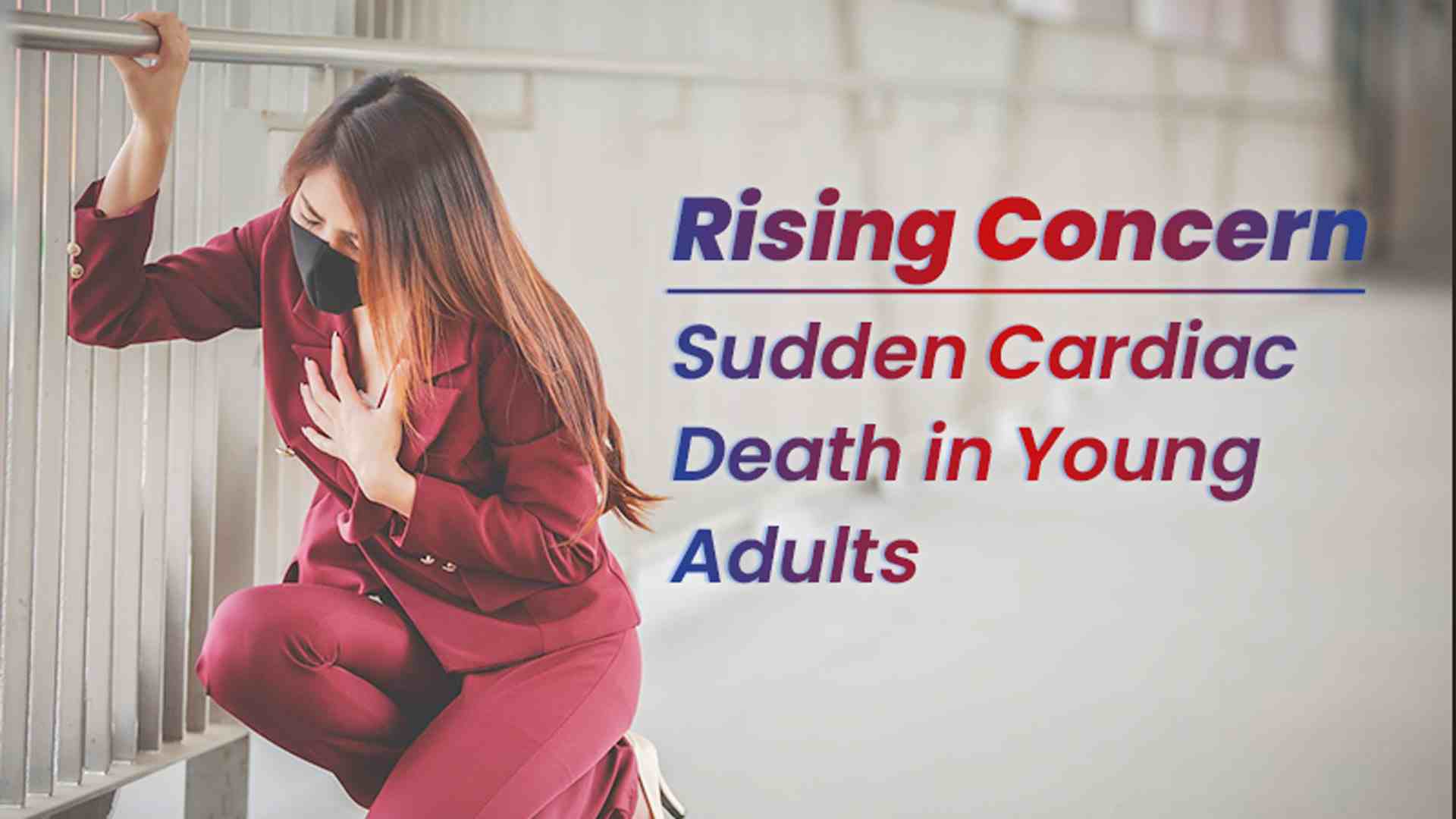
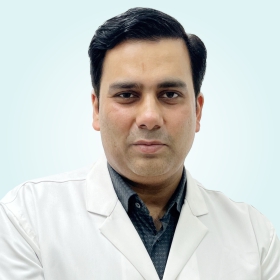

 +91-9711918451
+91-9711918451
 international.marketing@kailashhealthcare.com
international.marketing@kailashhealthcare.com

